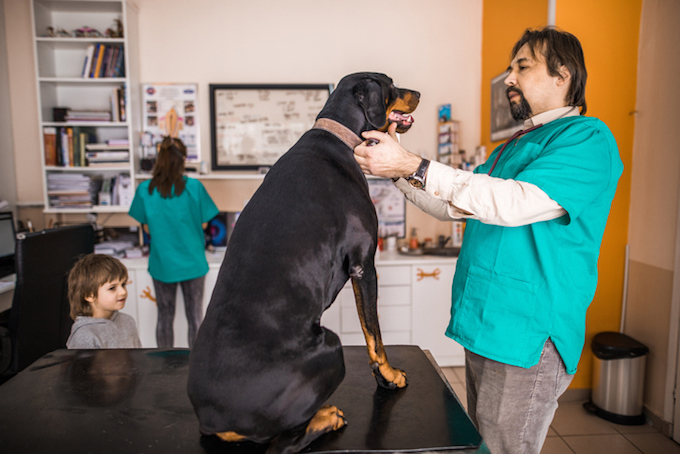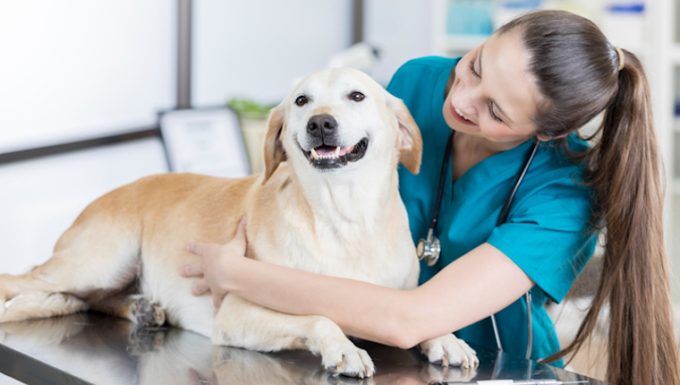Liver toxins in dogs happens when too many toxins build up in the body. The condition is caused by the liver not being able to detoxify the body.
Unfortunately, certain breeds are more likely to develop the condition than others. For example, Dalmatians, German Shepherds, and Labrador Retrievers suffer from the condition more often than usual.
Technically, the condition is also known as hepatotoxins in dogs.
If you see the signs of the condition in your dog, then get to a veterinarian for a proper diagnosis and treatment.
Here’s what you should know about the symptoms, causes, and treatments for the condition.
Symptoms of Liver Toxins in Dogs
The condition produces a range of symptoms. For example, some of the most common symptoms include:
- Diarrhea
- Vomiting
- Stomach bloating
- Jaundice
- Weakness
- Dehydration
- Peeing more than usual
- Drinking more water than usual
- Fainting
- Loss of appetite
Causes of Liver Toxins in Dogs

The cause of the condition is a dog being exposed to too many toxins. For example, some of the common causes include:
- Human medication
- Copper
- Plants (especially lilies)
- Iron
- Household cleaning products
- Rat poison
- Pesticides
Additionally, the following breeds seem to be most likely to suffer from the condition:
- Doberman Pinscher
- Labrador Retriever
- German Shepherd
- Dalmatian
- Samoyed
Treatments for Liver Toxins in Dogs
Firstly, your vet will ask about your dog’s symptoms. Secondly, your vet will ask about your dog’s full medical history. This will include breed-specific problems.
Thirdly, a full physical examination will be carried out. Blood and urine tests will be taken. The subsequent results will monitor your dog’s liver enzyme and glucose levels. Also, blood clotting tests will be taken.
Ultimately, a liver tissue sample can diagnose the condition.
Unfortunately, many dogs need to be hospitalized to treat the condition. This is to receive intravenous fluid, oxygen, and plasma therapy.
Additionally, antibiotics can be used to control any infections. As always, if your vet prescribes your dog any medicine, make sure to stick to the correct dose and frequency instructions. Also, complete the full course of medicine.
While recovering at home it is important to provide your dog with a quiet, warm, and calm environment. Also, your dog’s diet may need to be modified. Your vet can help come up with a safe and nutritious diet for your dog.
Have you ever cared for a dog who suffered from this condition? How did your vet help your dog recover? Let us know in the comments section below.









